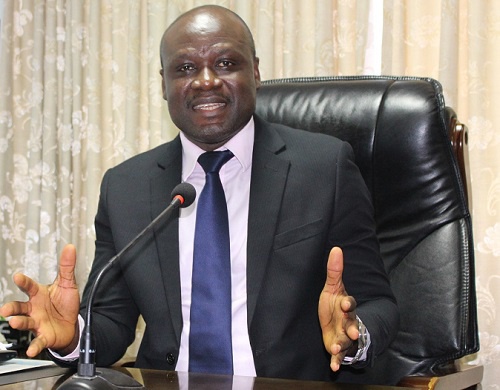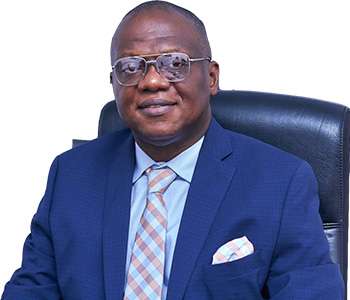Ghana National Chamber of Commerce and Industry (GNCCI) bemoaned the adverse impact of Government of Ghana’s popular Domestic Debt Exchange Programme (DDEP) as well as hikes in utility tariffs on the livelihood of businesses and the confidence of investors.
The government on February 10th, 2023, closed the window of opportunity for signing unto the debt exchange programme however has extended the settlement date which was due yesterday further to February 21st, 2023.
Meanwhile, beginning this month February, the tariffs on electricity and water was increased to 30 percent and 8.3 percent respectively.
These new developments, GNCCI laments, has dampened the mood of investors and businesses alike.
The qualms surrounding the DDEP keeps intensifying by the day with protests and hot arguments from some economic analysts.
According to Clement Osei-Amoako, President of GNCCI, these developments (referring to both DDEP and utility tariffs increment), along with high inflation, currency-depreciation and rising cost of borrowing, are impacting negatively on businesses and could result in dire consequences for the wider economy, most especially, government revenue and employment, if immediate and deliberate steps are not taken to address them.
Even more alarming is the fact that the Chamber stated that the above-mentioned factors have wind-swept business capital. Moreover, many of its member-companies are currently unable to honor loan commitments to lenders.
“The ongoing Domestic Debt Exchange Programme and hair-cuts have affected business and investor confidence. Per the debt sustainability analysis, Ghana is exposed to rising and unsustainable debt levels and this calls for prompt responsive policy adjustments.”
Osei-Amoako
Prior to this encounter with the GNCCI President, Mark Badu Boakye, Chief Executive of GNCCI, predicted the adverse impact of the hike in utility prices on businesses. The increment he indicated will “worsen the plight of businesses”.
Mr. Boakye strongly opposed the idea of increasing the tariffs on utility at such a time where the country is battling so many hurdles.

“Pick a typical business electricity, cost constitutes about 30%. So anytime there is an increment, it means the cost of production will go up and I think it won’t auger well for businesses.
“What will happen is that if businesses are not able to absorb this cost, then they have to transfer this cost to consumers and that may also increase inflation.”
Mr. Boakye
Government must be mindful of the impact of its new policies on the private sector
Given the demand placed on the DDEP to restore macroeconomic stability and protect the most vulnerable in society, Mr. Osei-Amoako said an efficacious implementation must take into consideration the specific and overall impact on the Ghanaian economy – especially the private sector.
Expounding further on his earlier statement, Mr. Osei-Amoako indicated that it is even more essential to uphold this principle in order to maintain business and investor trust, as well as to foster the development of a self-sufficient Ghana – ‘a Ghana Beyond Aid’.
While speaking on the sidelines of a swearing-in ceremony of newly appointed GNCCI National Council members, President Osei-Amoako urged businesses to be innovative so as to alleviate the negative bearings of the current economic crisis.
The newly inaugurated council of 40 members, selected from seven regions of the country, have the mandate to steer the Chamber’s affairs for the next two years.
As the representative organ of the business community in Ghana, the GNCCI assured of its commitment to continue providing government with the needed support in ensuring growth and development of the private sector and the economy at large.
READ ALSO: Credit Suisse Reports ‘Unacceptable’ 443% Decline In Profits In Fourth-Quarter





















